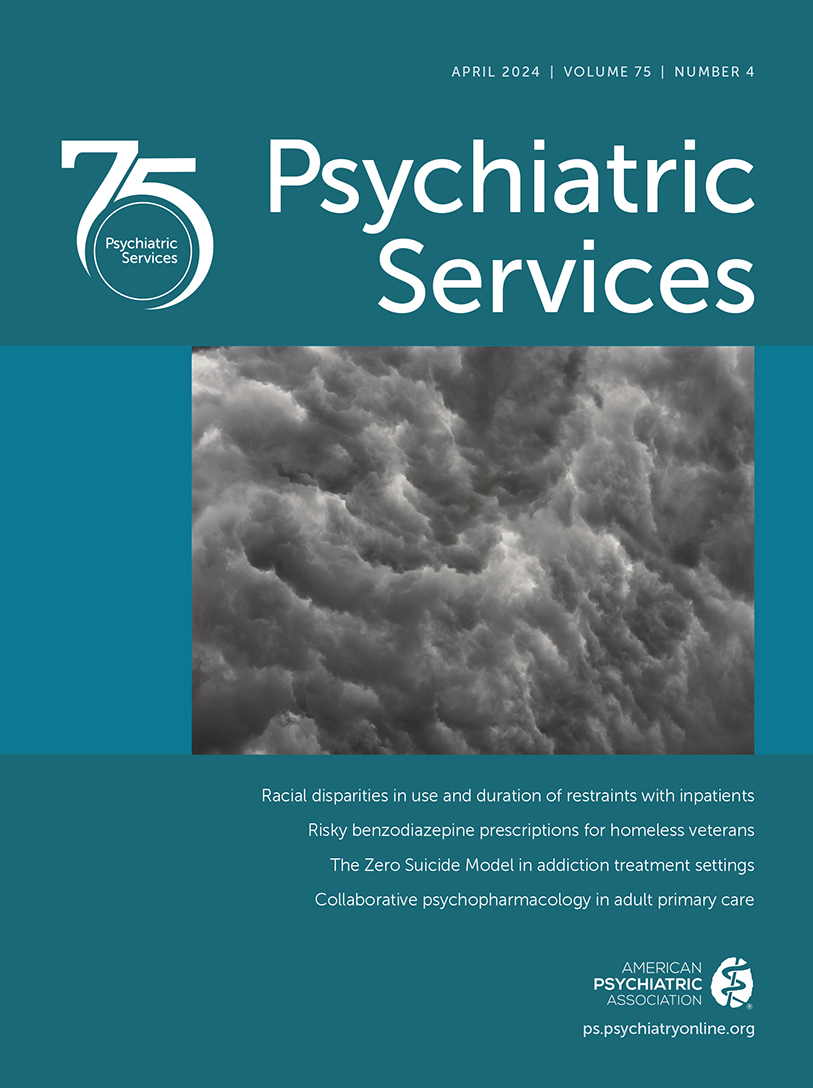Supporting People With Serious Mental Illness After Prison Release: The FIT Wellness Model
People with serious mental illness (such as schizophrenia, schizoaffective disorder, or bipolar I disorder) constitute a disproportionate share of the United States prison population. Like people in the general prison population, nearly all individuals with serious mental illness are released within a few years, and their community reentry often results in poor linkages to health care, increased morbidity and mortality rates, and high social and financial costs. People with serious mental illness have more comorbid conditions and worse cardiometabolic health and age-adjusted mortality rates than individuals without serious mental illness and may be affected more profoundly by poor care continuity at prison release.
The Transitions Clinic Network (TCN) is a program that connects formerly incarcerated people to health care resources. TCN employs community health workers with lived experience of incarceration to link people to social services and primary care upon prison release. In this framework, primary care providers facilitate referrals to medical specialists, including psychiatrists. However, growing evidence suggests that for people with serious mental illness, integrated and colocated primary and psychiatric care can improve outcomes.
In response, we are piloting a modified TCN model that provides colocated care with embedded community health workers to support reentry. The program, the Formerly Incarcerated Transition (FIT) Wellness clinic, is part of the broader North Carolina FIT program, a TCN member. The project receives funding from the North Carolina Department of Health and Human Services, under its Justice System Innovations Section, and from Wake County, North Carolina, where FIT Wellness is located.
Under the FIT Wellness framework, individuals nearing the end of their prison sentence are identified as potential program participants on the basis of a review of their psychiatric diagnoses and medications. Individuals with psychotic-spectrum or bipolar illnesses are targeted for program entry, facilitated by a review of prison electronic health records. With the assistance of prison staff, an in-reach visit is then scheduled with the FIT Wellness community health worker and psychiatrist; typically, this is a telehealth visit 1–2 weeks before prison release. The patient meets with FIT Wellness clinic staff, learns about clinic services, and can ask questions about the program. The goal of the in-reach visit is to establish rapport, ensure a warm handoff between prison and community, and improve attendance at the first appointment. If potential participants are missed before prison release, the clinic accepts referrals from specialty mental health probation up to 1 week after release.
The community health worker meets with patients as soon as feasible upon prison release, often on the same or following day, and provides the patient with a cell phone to facilitate contact with clinic staff. The first clinic visit includes appointments with psychiatry, primary care, and an eligibility specialist who follows up on public assistance applications as needed. Because North Carolina was a Medicaid nonexpansion state in the first year of the program, patients often were uninsured for several months after incarceration. FIT Wellness grant funds allow provision of clinic visits, medications, smartphone plans, and durable medical equipment at no cost to participants.
Clinic staffing includes two 1.0 full-time equivalent (FTE) community health workers, a 0.2 FTE psychiatrist, 0.1 FTE primary care physician, 1.0 FTE clinical supervisor, and 0.2 FTE eligibility specialist. Staff for medical evaluations and administration include an evaluation coordinator, a program manager, and a program director.
Data are collected routinely with community interactions and at each clinic visit. Examples of data points include the number of and reason for community health worker interactions, number of clinic visits, emergency department and inpatient hospital utilization, criminal legal involvement, and social services needs.
Between August 2022 and September 2023, FIT Wellness received 41 referred clients, of whom 39 (95%) enrolled. Among the 39 enrollees, 82% (N=32) were men and 85% (N=33) were persons of color. Among 29 clients who completed an intake survey by the end of the reporting period, 45% (N=13) had no high school degree, 28% (N=8) were unhoused, 86% (N=25) were unemployed, and only 3% (N=1) had health care coverage. After 1 year, 107 clinic visits and 563 community health worker contacts (by smartphone or face to face) had occurred. Among those with any clinic visit and at least 90 days of observation (N=21), the clinic retention rate, defined as multiple visits spanning ≥90 days, was 62% (N=13).
We learned that setting up a postrelease clinic for individuals with serious mental illness is feasible but requires a strong partnership with prison staff for referrals and in-reach visits. Peer support and addressing social determinants of health are critical components for engaging clients in the program.



